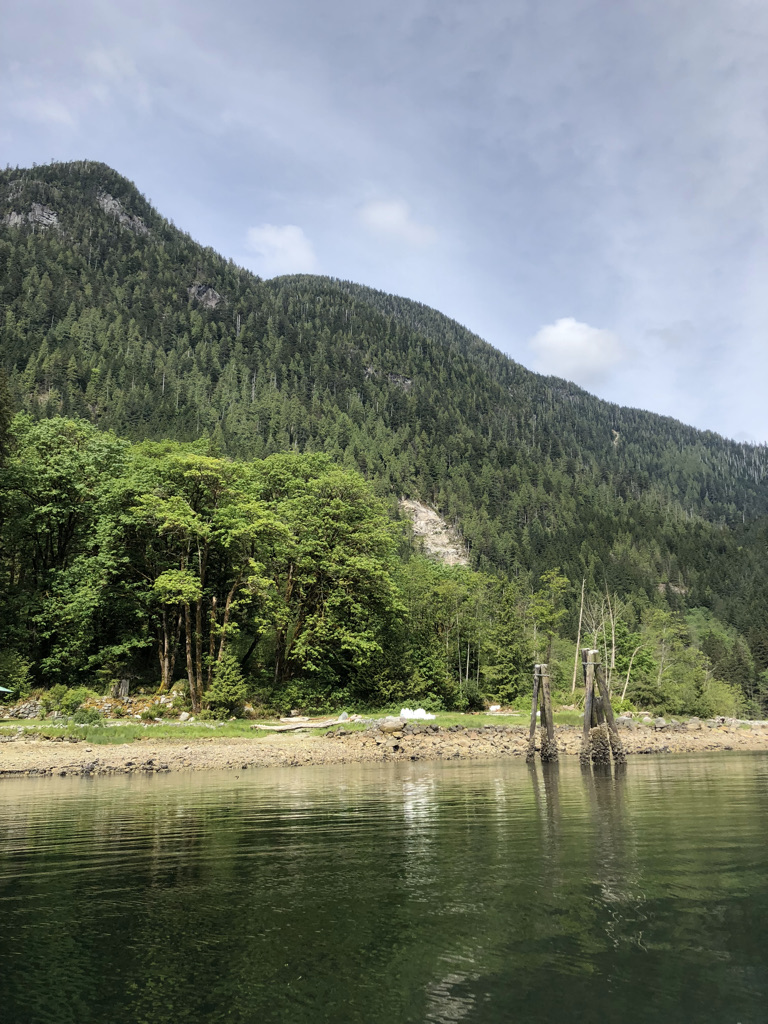
My name is Jenna Weind. I am a first-year transfer student at Capilano University studying within the IDEA Program. I’ve attended 2 university institutes prior to my time at Capilano. I have studied creative industries at Ryerson University and art history/visual studies at the University of Victoria. These experiences combined with my interest in visual culture and media lead me to my decision to study design at Capilano. I am very passionate about all forms of visual expression, and I want to explore this further. I am not defined in exactly what I want to achieve with the completion of my program, but I am drawn to illustration and branding specifically product packaging. I’ve kept myself busy with working alongside my education. The most memorable was working in a dog daycare, and as a cook in two restaurants.
This is a summary for ENGL 100 on the importance of urban forests: why money really does grow on trees” by Amy Fleming.
Amy Fleming discusses “the importance of urban forests: [and] why money really does grow on trees” in her 2016 article published by the Guardian. The article explores the vast benefits of forestry and outdoor space and how we can utilize them to enrich our mental health, improve our living conditions, and pose as a viable way of creating a positive economic impact. She outlines that “trees can cool cities by between 2c and 8c” as well they can cut air conditioning by 30% if they are planted near buildings (Fleming, 1). This means that they not only absorb pollutants from our environment but also are effective ways of reducing energy costs, contrary to the belief that forestry is a waste of municipal budgets. Fleming also argues for the benefits of nature on individuals’ mental health as those who get out more deal with less “anxiety and depression” in reference to walking or being in proximity to nature (Fleming, 4). Finally, she outlines that there is a connection between decreased violence in areas that have more tree cover (Fleming, 4). She defines that trees are a key element in our external environment and that the benefits of tree and nature cover are worth being incorporated into our urban environments regardless of the negative perceived costs associated with it (Fleming, 2016).
Fleming, Amy. “The importance of urban forests: why money really does grow on trees.” The Guardian, 12 October 2016, https://www.theguardian.com/cities/2016/oct/12/ importance-urban-forests-money-grow-trees.